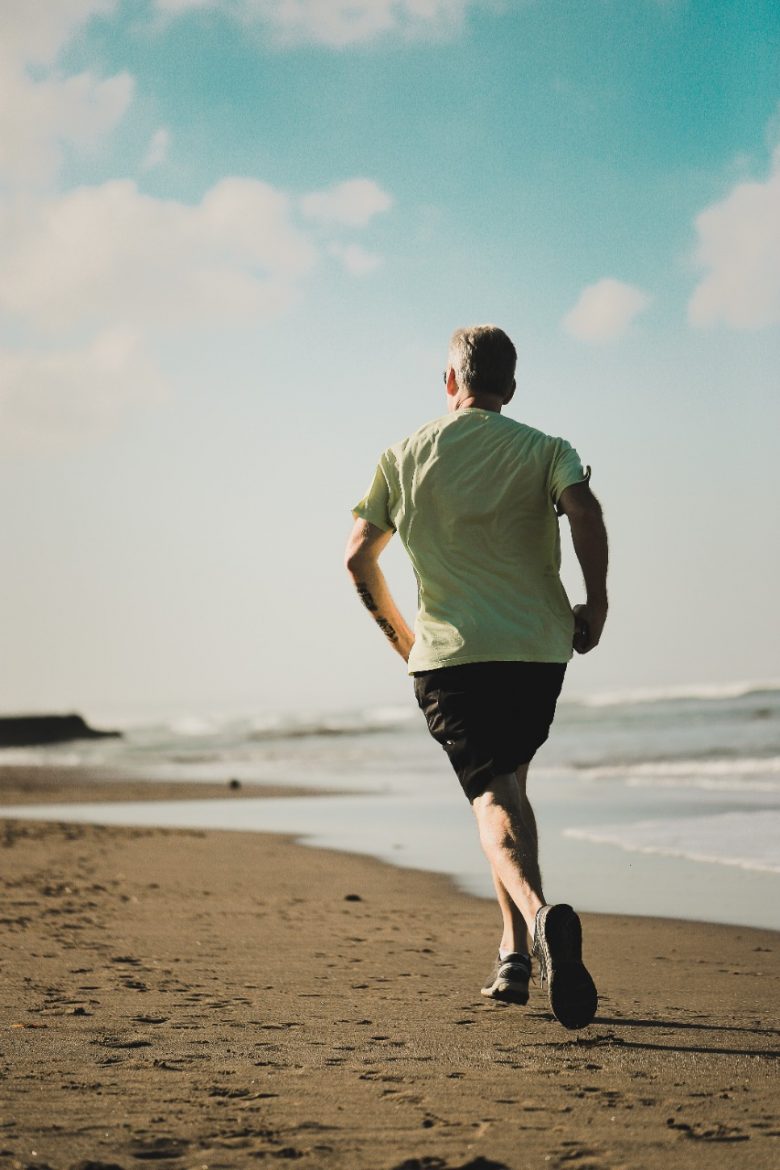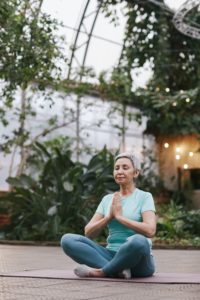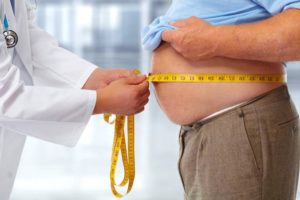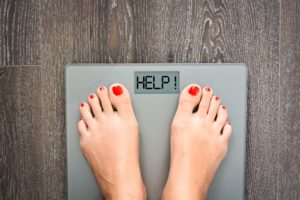There is no question that exercise and physical activity are essential for a healthy lifestyle as it helps with weight loss, building immunity, and more.
But how does it affect your organs? What exactly happens in the body during exercise?

This article tackles that by outlining what happens internally while you exercise and explains how exercise benefits different organs in the body.
WHAT HAPPENS TO YOUR BODY DURING EXERCISE?
As you work out, different parts of your body work together to help you perform various movements.
And as the intensity of your exercise increases, there are two body responses that you will observe:
- A rise in body temperature resulting in sweating
- An increase in heart rate that leads to faster breathing
Also, exercise causes some parts of the body to work harder while other regions temporarily pause.
- Your heart works the hardest to pump more blood to sustain your movements, increasing overall blood flow to the body.
- As muscles interact more often during exercise, they produce more heat, raising body temperature. This temperature increase helps to eliminate waste through sweating.
- At the same time, stomach functions like digestion pause since the body understands that blood and oxygen flow is the primary concern during exercise.
HOW DOES EXERCISE BENEFIT THE INTERNAL ORGANS?
Now you know that different organs all respond in some way to exercise. Here is an overview of how exercise improves the function of the heart, lungs, muscles, skin, and brain.
Heart –
- With regular exercise, you can train to your heart to sustain you longer during exercise through efficient blood flow.
- As your heart gets fitter, your resting heart rate reduces since your heart can pump the necessary blood with fewer heartbeats.
Lungs –
- As you exercise, your body needs more oxygen and you will tend to breathe faster to supply that extra oxygen.
- With enough exercise, your lungs will maintain a larger breathing space. Therefore, lesser oxygen would be required to sustain you during exercise and this reduces feelings of shortness of breath.
Muscles –
- High-intensity exercises can cause muscles to wear and tear, making them feel sore, tight, or induces a burning sensation.
- With a regular exercise and recovery cycle, your muscles will heal and rebuild stronger over time.
Skin –
- Exercising improves blood circulation and releases heat, mainly through the skin by way of sweating.
- Such physical activity helps to transport more oxygen and nutrients to the skin while increasing collagen production. All this makes the skin look healthier and younger.
Brain –
- The brain reacts positively to exercise almost immediately after your workout. More blood and oxygen flow to the brain helps improve alertness and focus.
- It also enhances positive feelings by releasing more feel-good hormones called endorphins that help even you manage anxiety and stress.
Exercise not only strengthens your body, but it also positively influences your mind, attitude, and mood.
So, are you exercising enough?





